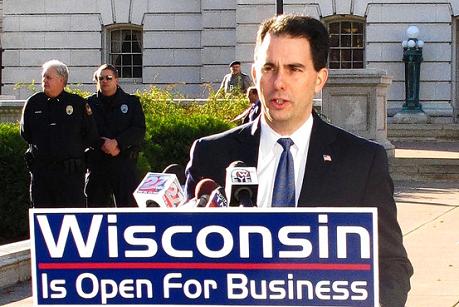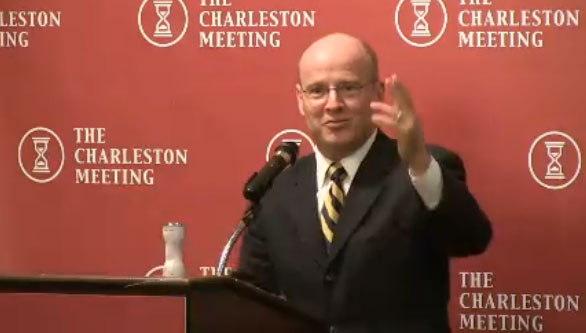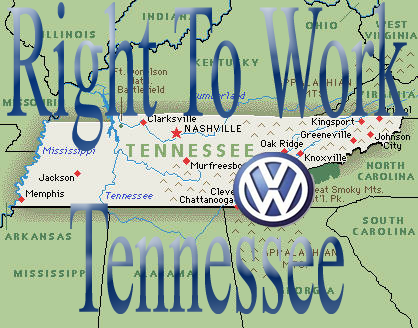Big Labor Activist Judge's Latest Ruling 'Opens a Pandora's Box of Legal Issues and Litigation'
In early 2011, the Wisconsin Legislature adopted and Gov. Scott Walker signed into law Act 10, a wide-ranging budget reform measure that included provisions protecting most state and local public-sector employees from being fired for refusal to pay union dues…






